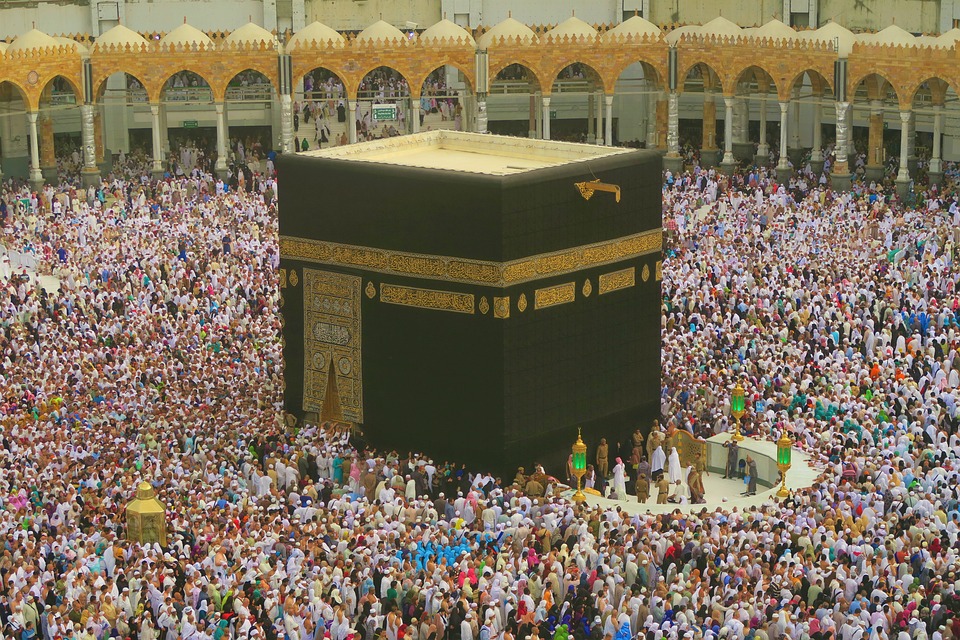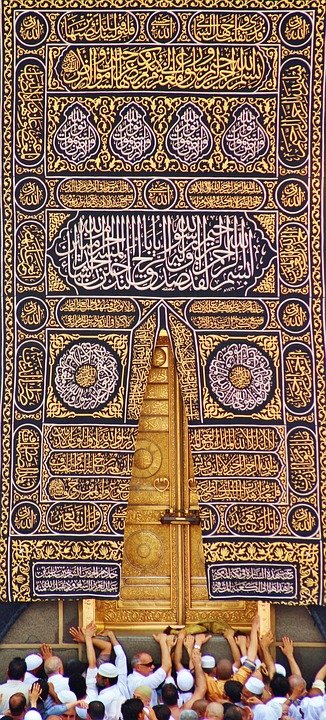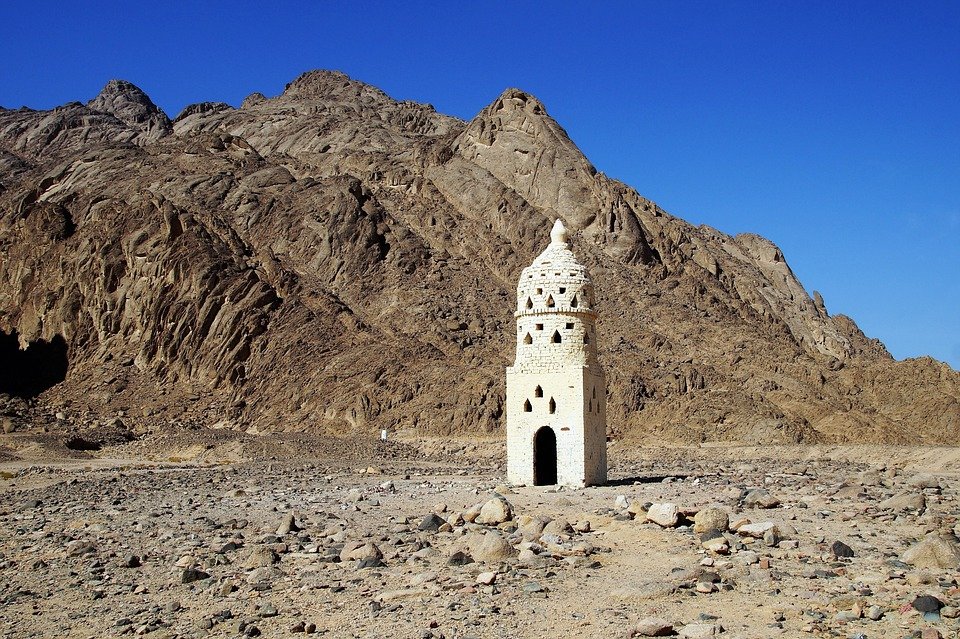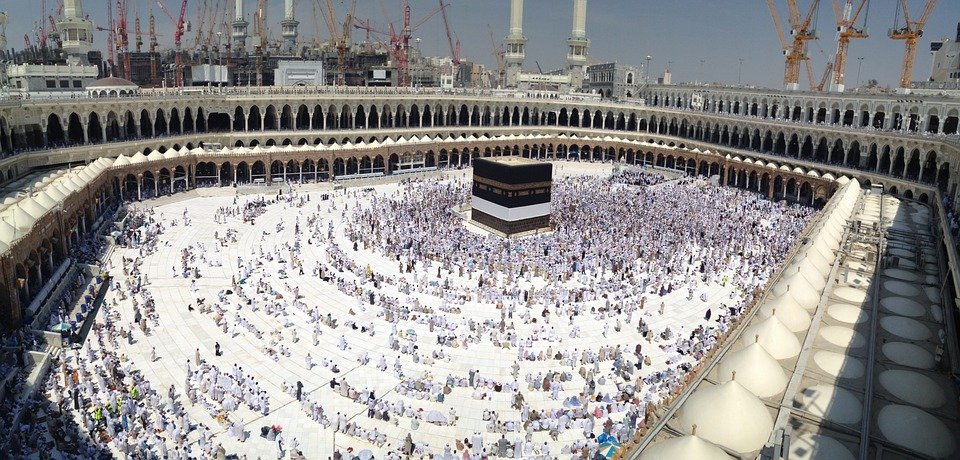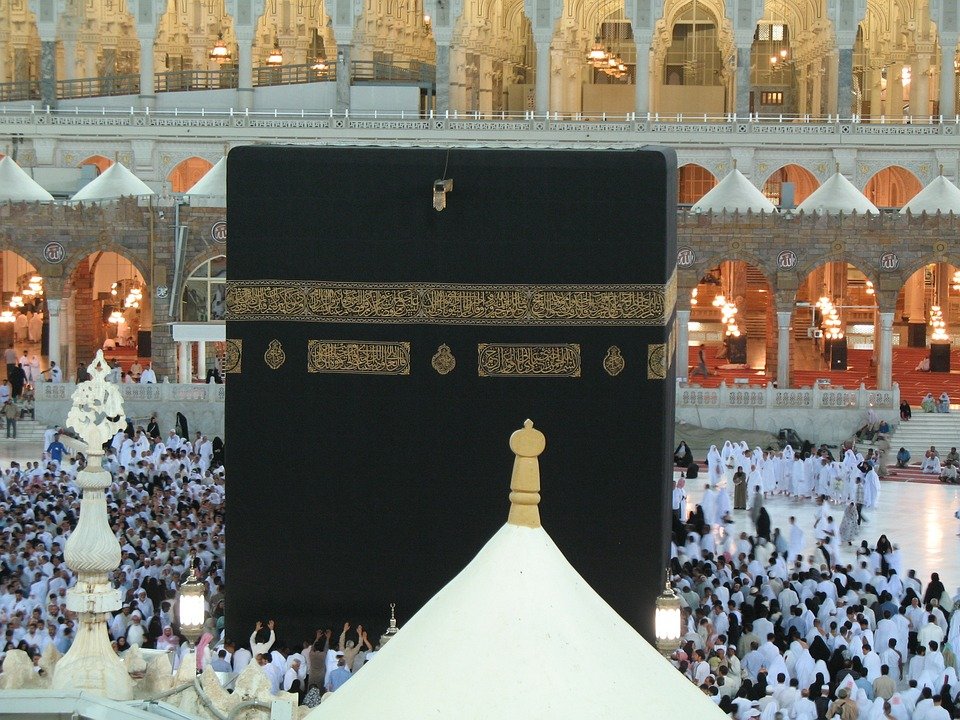In this article, we will explore the question, “Do Muslims ever reject Hajj sacrifice of animals?” Many people often wonder about the practices associated with this significant Islamic ritual. The Hajj, a pilgrimage to Makkah, culminates in the ritual of Qurbani, or the sacrifice of animals. However, there are instances where some individuals may choose to reject this practice or feel uncertain about its importance. I promise you will find a comprehensive guide throughout this article that sheds light on this often-misunderstood topic.
Understanding the significance of “Do Muslims Ever Reject Hajj Sacrifice of Animals? Explained” is crucial. This practice symbolizes obedience to Allah and reflects the values of generosity and community. With nearly a decade of experience in the field of Umrah and Makkah and Madinah travel since 2016, I feel confident that we can provide valuable insights. We aim to clarify the misconceptions surrounding the rejection of animal sacrifice during Hajj, ensuring that you have a well-rounded understanding of its importance in Islamic faith. Join us as we navigate this key aspect of Hajj together!
Understanding Hajj and Its Significance
Hajj is one of the five pillars of Islam. Every year, millions of Muslims gather in Makkah for this sacred pilgrimage. It’s a time of reflection, prayer, and unity. Pilgrims perform specific rituals that remind them of their faith and the values they hold dear. The Hajj takes place in the last month of the Islamic calendar, known as Dhu al-Hijjah. It brings Muslims from all corners of the globe together in a grand display of devotion.
The core of Hajj is deeply rooted in the story of Prophet Ibrahim (Abraham) and his family. It commemorates their unwavering faith and obedience to God’s commands. Part of this sacred event involves sacrifices. But why is this important? The act of sacrifice symbolizes submission and thanksgiving to God, reflecting a believer’s commitment and devotion. When Muslims perform Hajj, they not only seek forgiveness but also strengthen their bond with Allah.
The Role of Animal Sacrifice During Hajj
During Hajj, many pilgrims choose to sacrifice an animal, typically a goat, sheep, or cow. This act is called Qurbani, and it honors the tradition stemming from Ibrahim’s willingness to sacrifice his son in obedience to God. Thankfully, God provided a ram instead, and this story resonates with millions of Muslims today. The act of sacrifice carries a profound meaning of gratitude and devotion to God.
When a Muslim performs this sacrifice, they do more than just follow a ritual. They share the meat with family, friends, and those in need. This gesture emphasizes the importance of generosity and community spirit. By sharing, they acknowledge the blessings they have received from Allah. It’s a wonderful way to foster kindness and compassion among those who might be struggling.
Why Some Muslims Might Reject the Sacrifice
While many embrace the idea of animal sacrifice during Hajj, some Muslims choose not to participate. Their reasons vary widely. For some, it’s a personal belief that feels more aligned with their values. They might emphasize a focus on spiritual sacrifice rather than a physical one. They believe that the essence of Hajj is found in the prayers and reflections rather than in the act of sacrificing an animal.
Others may have practical concerns. Some individuals may worry about the treatment of animals and the ethical implications of sacrifice. They might feel that focusing on compassion towards all living beings holds more importance today. Their choice reflects a desire to cultivate kindness and mercy, moving beyond traditional practices in search of modern interpretations of faith.
Exploring Cultural Perspectives on Sacrifice
Across different cultures and regions, attitudes toward the sacrifice during Hajj can vary. In some communities, the act is a significant event, celebrated with friends and family gathering to help. They see it as an opportunity to bond and share blessings. In others, there might be hesitance or even disapproval of the practice, leading to lively discussions about its relevance in contemporary society.
Cultural values play a huge role in shaping views on this topic. Some cultures might view the ritual as an essential tradition, while others may see it as potentially outdated. Open conversations within families and communities are great ways to explore these different perspectives. Such dialogues can enrich the understanding of faith and tradition.
Spiritual Reflection Beyond the Sacrifice
The spiritual experience of Hajj goes far beyond the act of sacrifice. For many, it’s a moment of deep introspection. Pilgrims often engage in prayer, seeking a closer relationship with Allah. They contemplate their lives, relationships, and the larger meaning of existence. The energy in Makkah during Hajj creates an atmosphere charged with faith, love, and unity, where everyone shares the same purpose.
The sacrifices made on various levels during Hajj can be seen as opportunities for personal growth. Muslims are encouraged to reflect on their actions, choices, and intentions. By focusing on inner transformation, they might develop a greater sense of responsibility in their daily lives. In this way, the meaning of sacrifice expands to encompass not just physical acts but also the intention and spirit behind them.
Modern Alternatives to Animal Sacrifice
In today’s world, alternatives to traditional animal sacrifice are slowly gaining traction. Many Muslims now choose to donate to charitable causes in lieu of sacrificing an animal. This practice aligns with the principles of compassion and community support. It helps those in need while fulfilling the spiritual aspects of giving during Hajj.
Such alternatives can simplify the process of giving, allowing for a more straightforward approach to generosity. This path also engages younger generations, encouraging them to take part in charitable acts. As they grapple with the teachings of Islam, these modern alternatives provide flexibility while maintaining the core values of care, compassion, and faith.
Reflecting on Tradition and Change
As time passes and society evolves, the discussion around animal sacrifice during Hajj prompts us to reflect on our values and beliefs. Each decision, whether to embrace or reject the traditional practice, adds to the rich tapestry of Islamic faith. It’s a testament to how faith can adapt and grow while maintaining its essential message.
Dialogue is vital in these conversations. It’s through open discussions that we can understand each other better and appreciate diverse perspectives. Ultimately, whether one chooses to sacrifice or not, the focus remains on the heart of Hajj—the commitment to faith, unity, and compassion. By recognizing and honoring our differences, we can foster a greater sense of community within the broad spectrum of beliefs.
Mushu, an experienced Saudi Arabia traveler and writer, shares insightful tips and spiritual reflections to enhance Hajj and Umrah journeys for fellow pilgrims. He has been to Makkah and Madina from 2016 to 2023 many times and his posts will reflect this.


